I learned to play guitar when I was sixteen, but Id been stringing words together since I was twelve years old. Like most kids, I was encouraged to write poetry at school, but unlike the rest of my classmates, I never gave up. A poem I wrote for homework caught the eye of my English teacher, and when I was chosen to read it out on local radio, I got this crazy idea that I was a poet. Some of my early efforts were attempts at poetry, but soon I was thinking up tunes to go with my words, although the fact that I couldnt play an instrument meant that I had to keep the melodies in my head. Over the summer of 1974, my schooldays kind of petered out. Not expecting much joy from my exam results and unenthused about looking for a job, I was hoping something else might come along.
Through the wall of our back room, I heard the kid next door playing his electric guitar. It was the sound of salvation. Wiggy was two years younger than me and obsessed with the Faces. Soon he was teaching me how to play my way through the Rod Stewart songbook hed bought on mail order. Theres a great picture of the two of us from this period, strumming our guitars in his back garden. Were both playing completely different chords, but were doing so with great intent.
Learning to play guitar gave a huge boost to my song-writing and I began to fill notebooks with page after page of lyrics that were mostly derived from whichever artist I was infatuated with at the time. I first started to really listen to the words of the songs on the radio after hearing The Boxer by Simon and Garfunkel in 1970. I remember poring over Paul Simons lyrics on the back of the Bridge over Troubled Water LP sleeve. That album provided me with a gateway into the singer-songwriter genre, but the production values were so high, I was unable to figure out how the songs were constructed. Then, at age fifteen, somebody played me Bob Dylans Greatest Hits, a collection of songs from his first seven albums. I was immediately drawn to the starker, solo material, which, although less than a decade old when I first heard it, sounded like it came from a hundred years ago.
Not only were songs like Blowin in the Wind, The Times They Are a-Changin and Mr Tambourine Man easy to deconstruct most utilising no more than three chords they also carried a message. It was this material that provided the template for my early song-writing. My other obsession at the time was the pop soul of the Motown label. They regularly produced compilations of their hits, which I avidly sought out. Motown Chartbusters Volume 3 might just be the greatest pop album ever released. It contains, among other gems, I Heard It Through the Grapevine, Dancing in the Street and Roadrunner, and it climaxes chronologically and emotionally with The Tracks of My Tears.
It was this last track that really caught my attention. Like Dylan, Smokey Robinson needed no more than three chords to create a masterpiece. I duly took note. Although the household I grew up in was apolitical, the music that I listened to was full of opinions. Simon and Garfunkel, Dylan and the other singer-songwriters were always asking questions, but the politics of the 60s ran deeply through soul music too. On Motown Chartbusters Volume 5, Smokeys Tears of a Clown is followed by Edwin Starrs War.
Next, a teen pop interlude with the Jackson 5 gives way to the Temptations Ball of Confusion an angry four minutes of funky WTF. The starkest transition is from the infectious joy of the Supremes Stoned Love to Marvin Gayes solemn, string-backed reading of Abraham, Martin and John. This latter song, reflecting on the assassinations of Abraham Lincoln, John Kennedy, Martin Luther King and Robert Kennedy, could hardly qualify as a chartbuster, never having been released as a single prior to appearing on this album. It was presumably included in the collection by way of an explanation for the change of tone that had overcome Motowns prodigious pop output since the last volume of Chartbusters. It was from these records that I began to first pick up my politics. During this period, my songwriting technique was pretty rudimentary.
I dont know how others perfected their skills, but I did it by replacing the lyrics of my favourite songs with rhymes of my own. These were songs that Id heard many times over, the nuanced phrasings and internal rhythms so familiar to me that, when I came to place my own words there, they fitted seamlessly into the tune. In this way, I was able to become a songwriter without any knowledge of the principles of music. I had friends who could read the crotchets and quavers, but the five staff lines that they were hung from seemed to act like train tracks, taking them up and down the same lines every day, like commuters governed by a rigid timetable. Music is all about feel and you just cant write that stuff down. To this day, I play by ear because I dont want to have to think about anything but the words.
Soon, Wiggy and I had found other wayward souls willing to lug their drum kits, keyboards or bass cabinets round to our house and happily play along with tunes wed written. It didnt matter that our songs sounded similar to those whose records we incessantly played on our cheap turntables. These artists were our heroes and our imitation was not intended as flattery, but was instead an attempt to momentarily close the vast distances between us. It took a revolutionary movement to shake me from my reliance on the music of the past. I was nineteen when punk rock happened, of the same generation as Joe Strummer and Johnny Rotten, and this sudden shock of the now gave me the confidence to write in the style of my contemporaries. Punk rock injected my songwriting with urgency and attitude and helped me to find my voice, yet it would be another two years before I wrote what I considered to be my first Billy Bragg song.
To get to that place, I first had to expunge the influences that had shaped my writing: all those singer-songwriter albums had to go, as well as the Motown Chartbusters. I also had to bid farewell to the traditional English folk artists whose albums I had brought home many times from the public library the Watersons, Shirley and Dolly Collins, Ewan MacColl. Punk rock was Year Zero and I was now under the influence of writers with attitude like Elvis Costello, Paul Weller and the Ramones. By 1977, Wiggy and I had found a fellow traveller in drummer Robert Handley and, with an ever-rotating line-up of bass players, we had graduated from playing in back rooms to doing gigs under the name Riff Raff. I still had pages in my notebooks where ideas tailed off after a few rhyming couplets, but, more often than not, I was finishing songs and the band were immediately connecting with them. Riff Raff had a good-time, roustabout style, and I wrote songs that played to our strengths.
When the band ran out of steam in 1980, so did my songwriting. Without the regular stimulus of performance, the need to write new songs left me and I began to think Id missed my chance to make a go of being a musician. Having run out of options, I attempted to press the eject button on my previous existence by joining the army, but perversely, the experience only inspired me to start writing songs again. Extricating myself from the Royal Armoured Corps, I began formulating a plan whereby I would utilise the vulnerability of the singer-songwriter and mix it with the angry attitude of punk rock. To do this, I needed a new kind of material; short, sharp songs delivered in a choppy, percussive style that ran contrary to the traditional image of the solo singer-songwriter strumming an acoustic guitar and playing ballads. By the early 80s, punk rock had been superseded by the new romantics, and synthesiser duos were all the rage.

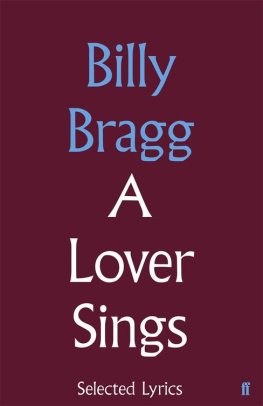
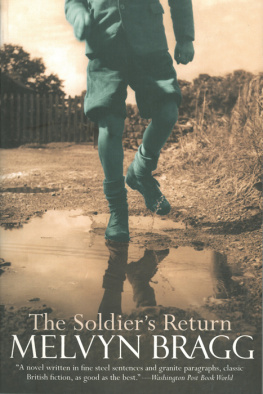
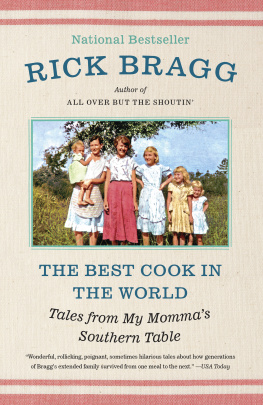
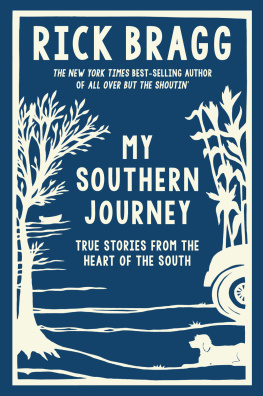
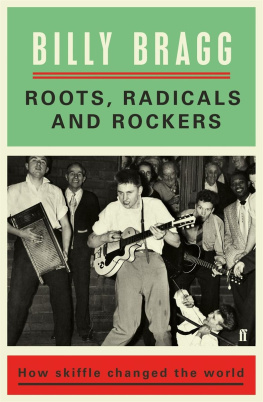
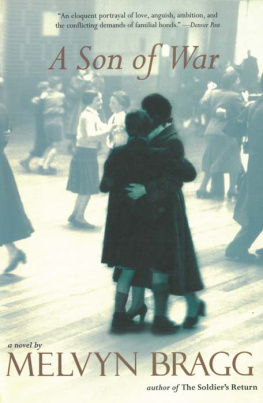
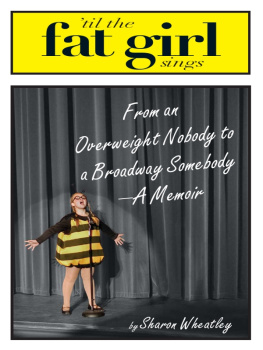
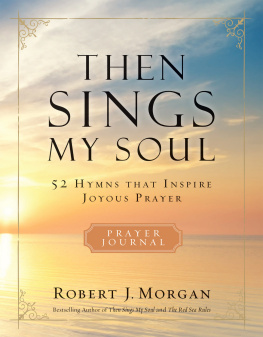
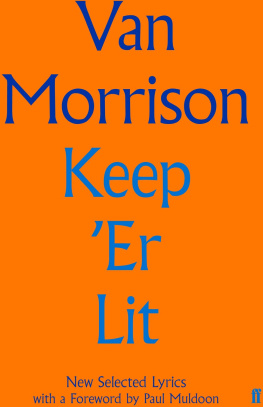
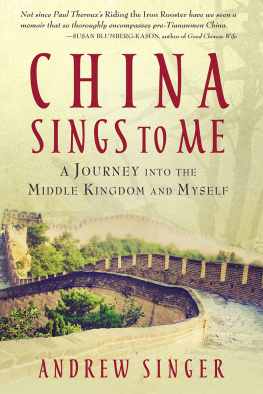
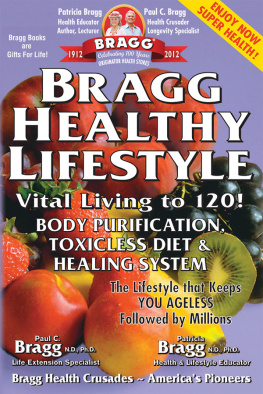
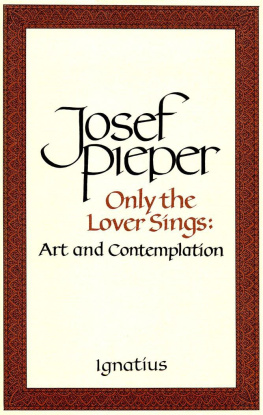
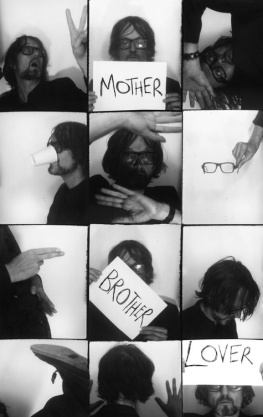
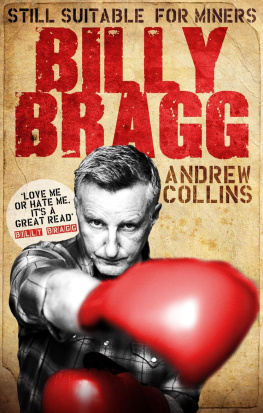
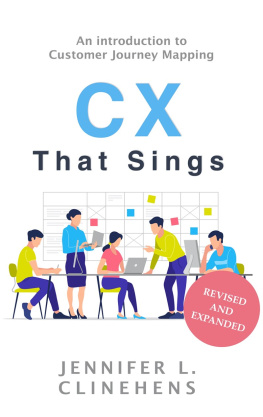
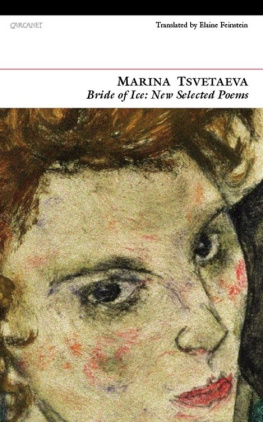

 To J & J
To J & J